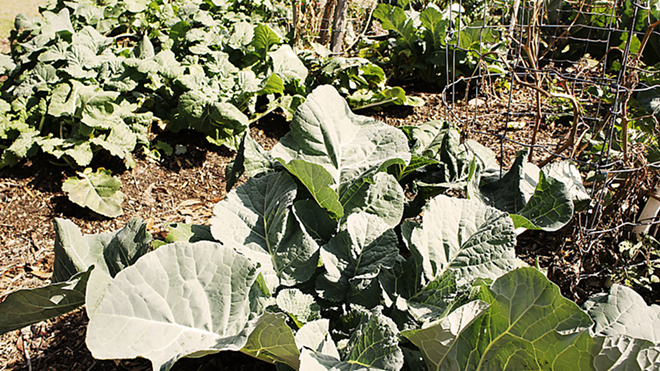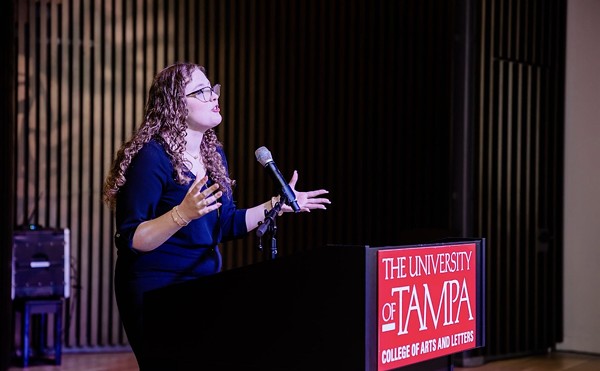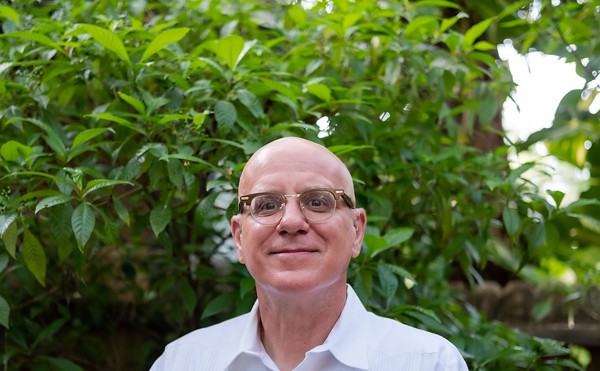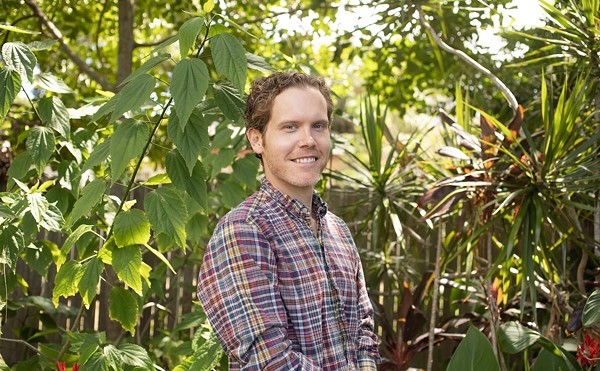
Stanford released a study on Sept. 3 concluding that organic food was no more nutritious than its conventional counterpart.
Kip Curtis is assistant professor of environmental studies at Eckerd College in St. Petersburg. Curtis spearheaded a project to put a community garden at Lakewood Elementary, and has been heavily involved in organic gardening and permaculture initiatives locally. We asked Curtis what he thought of Stanford’s findings.
CL: Are the findings in Stanford’s study significant?
Kip Curtis: It’s a big deal because it’s Stanford. I’m not sure who is pushing this along, but it’s actually a bunch of hooey.
Why is that?
First of all, the point of organics isn’t nutrition. Take an apple grown with pesticides and fertilizer and an apple grown organically; one doesn’t have more nutritional value than the other.
So what did the study find then?
This is a bait and switch. They have taken an argument that doesn’t exist that organic food is more nutritious than conventional food. It’s a straw man argument. The upside is that the study showed organic food is just as nutritious as conventional food, though.
How are people in the organic food community responding?
I am on a listserv about food security… I said let’s not have this argument the wrong way. Organic food isn’t more nutritious, but it is healthier when you consider the impact of pesticides and fertilizers on the environment and people. We should celebrate these findings because it proves that organic food is just as nutritious and that’s good.
Is rhetoric at play here?
The framing of this study’s finding is nefarious. My guess is this is an effort by big agriculture to discredit organic food. This is a very clever rhetorical game.
Why should people continue to buy organic foods over conventional foods?
Pesticides and fertilizers are destroying the environment. We’ve got 150 dead zones where drain-off from agriculture creates algae blooms and suffocate fish. Pesticides are showing up in breast milk around the world. This study is well-placed and well-played, but to argue about it is just jousting windmills.
Do you think the recent rise of food consciousness and organic awareness is important to note?
A food revolution is afoot. This is an indication of how far we’ve come and the impact to the bottom line. Big agriculture is playing a game and trying to play defense. I’m not going to argue against nutrition but lets talk about health. The study is so blatantly framed in biased way to mislead. These scientists should be ashamed; they didn’t even do the studies themselves. Maybe they came up with some innocuous findings and it got away from them with the media. The real issue would be if it turned out organics were less nutritious, but that’s not how the story got played.
Overall, what should people take away from the study?
Health is the issue here, health to my body, and health to the environment. Ultimately my feeling is that there is nothing to be defensive about. Let’s be real and fact-check and make sure we understand the terms we are using and the nature of the debate.


















